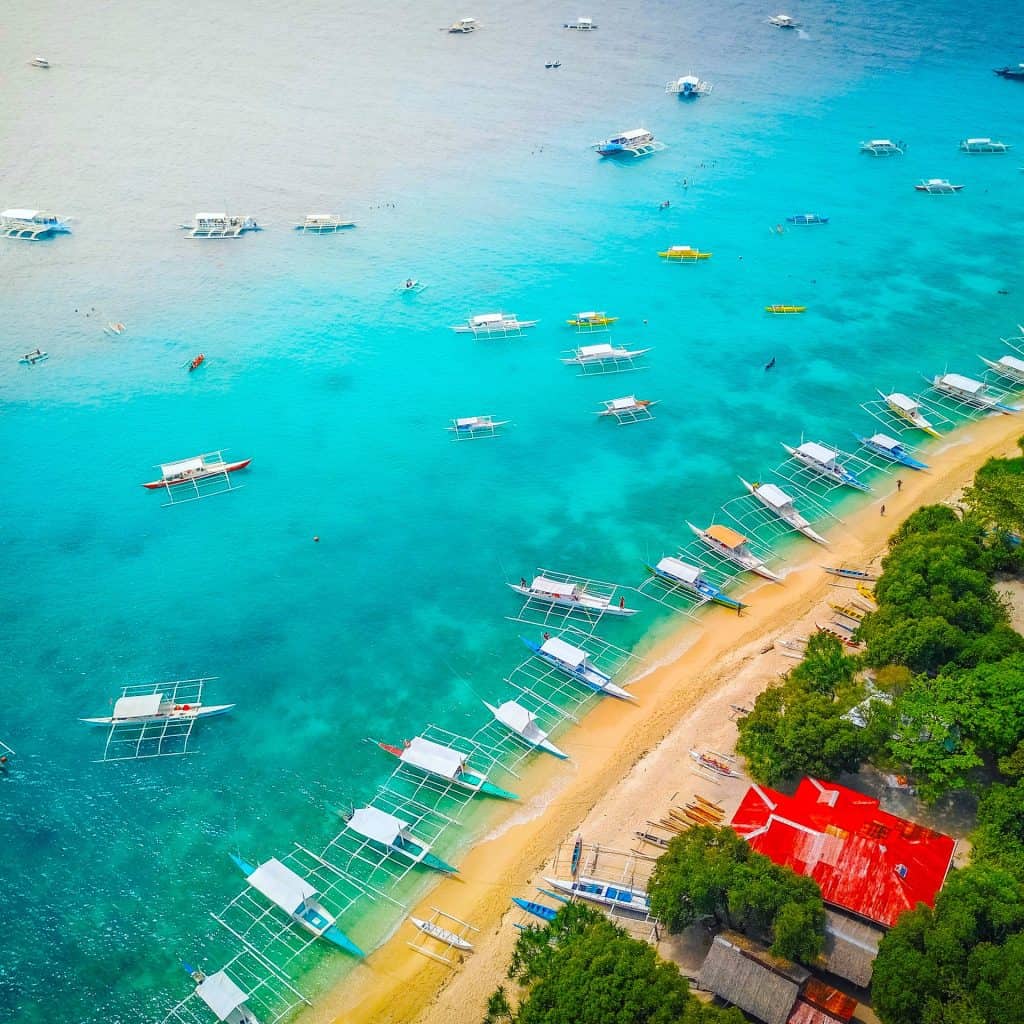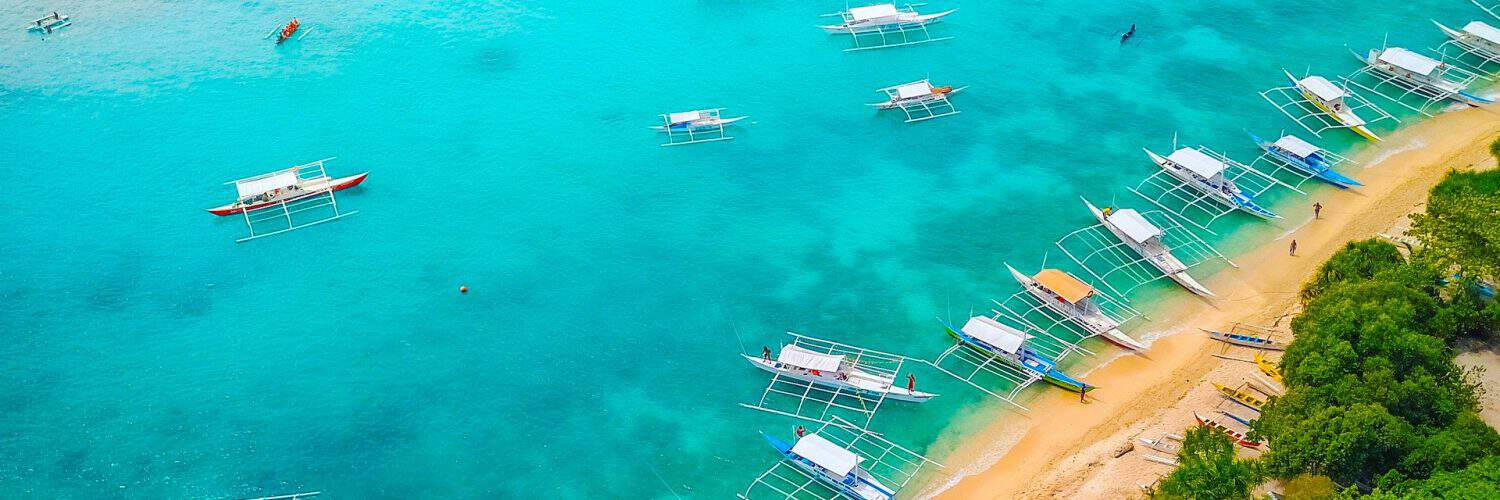Living in the Philippines as an expat offers a unique blend of cultural immersion, natural beauty, and modern conveniences. While challenges exist, the rewards of a life in this vibrant archipelago far outweigh them. With an open heart and mind, the Philippines can truly become a home away from home.
The Philippines is known for its rich history, tropical climate, picturesque landscapes, and the genuine warmth of its people. For these reasons and more, it has become a popular destination for expatriates looking for new adventures, retirement havens, or business opportunities. If you’re considering a move to the Philippines, this comprehensive guide will give you a glimpse of what life is like for expats in this Southeast Asian nation.

1. Why the Philippines?
A. Natural Beauty
From the white sand beaches of Boracay and Palawan to the chocolate hills of Bohol, the Philippines offers a diverse range of natural wonders. The Tubbataha Reefs Natural Park, a UNESCO World Heritage Site, is a diver’s paradise with its pristine coral reefs teeming with marine life.
B. Friendly Locals
Filipinos are known for their hospitality. A smile and a warm greeting are common, and foreigners often feel immediately welcomed.
C. Cost of Living
The cost of living in the Philippines is relatively low compared to Western countries. Expats can live comfortably and even afford luxuries they might not have in their home countries.
2. Choosing Where to Live
A. Metropolitan Areas
- Manila: The capital city and the economic, political, and cultural hub of the country. Living in Manila offers a mix of old-world charm with modern conveniences.
- Cebu: Known for its beaches and historical sites, Cebu also boasts a thriving IT and business sector.
- Davao: Located in Mindanao, Davao is a booming city with a laid-back vibe.
B. Provincial Living
For those seeking a slower pace, places like Dumaguete, Tagaytay, and Palawan offer serene environments away from the hustle and bustle of city life.
3. Cost of Living
A. Accommodation
While Manila and major cities have higher rental costs, one can find affordable apartments, condos, or houses in provincial areas. Many expats also choose to buy property, though it’s essential to be familiar with ownership restrictions.
B. Food and Dining
From local markets to international cuisine restaurants, the Philippines offers a wide range of dining options. Local dishes like adobo, sinigang, and lechon are must-tries.
C. Transportation
Jeepneys, tricycles, and taxis are common public transportation options. Many expats also choose to buy or rent cars for convenience.
4. Health and Safety
A. Healthcare
While healthcare in major cities is up to international standards, it’s essential to have comprehensive health insurance. Many expats also opt for medical evacuation coverage.
B. Safety
Like any country, the Philippines has its areas of concern. It’s essential to stay updated on travel advisories and be aware of your surroundings.
5. Working and Doing Business
The Philippines has a burgeoning BPO sector, and many expats find employment in this industry. For those looking to start a business, the country offers several opportunities, especially in the tourism and tech sectors. However, it’s crucial to understand local business regulations and cultural nuances.
6. Culture and Social Life
A. Festivals
The Philippines is known for its colorful festivals, from the Sinulog in Cebu to the Panagbenga in Baguio.
B. Social Etiquette
Respect for elders is paramount in Filipino culture. Using “po” and “opo” when speaking to older individuals is a sign of respect.
C. Meeting People
Expats can join various groups and organizations to meet locals and fellow expats. Filipinos are generally social and love karaoke, family gatherings, and beach outings.
7. Learning the Language
While English is widely spoken, especially in business settings, learning Filipino or the local dialect can enhance one’s experience. Simple phrases like “Salamat” (thank you) can go a long way.
8. Challenges and Tips for Expats
A. Weather
The Philippines has a tropical climate. While it’s sunny most of the year, the country also experiences typhoons. It’s essential to be prepared and know the local emergency protocols.
B. Bureaucracy
Dealing with government processes can be challenging. Patience and understanding the system are vital.
C. Embracing the Culture
Like any country, there will be cultural adjustments. Embracing the local culture, making friends, and being open to new experiences will make the transition smoother.


















Add comment